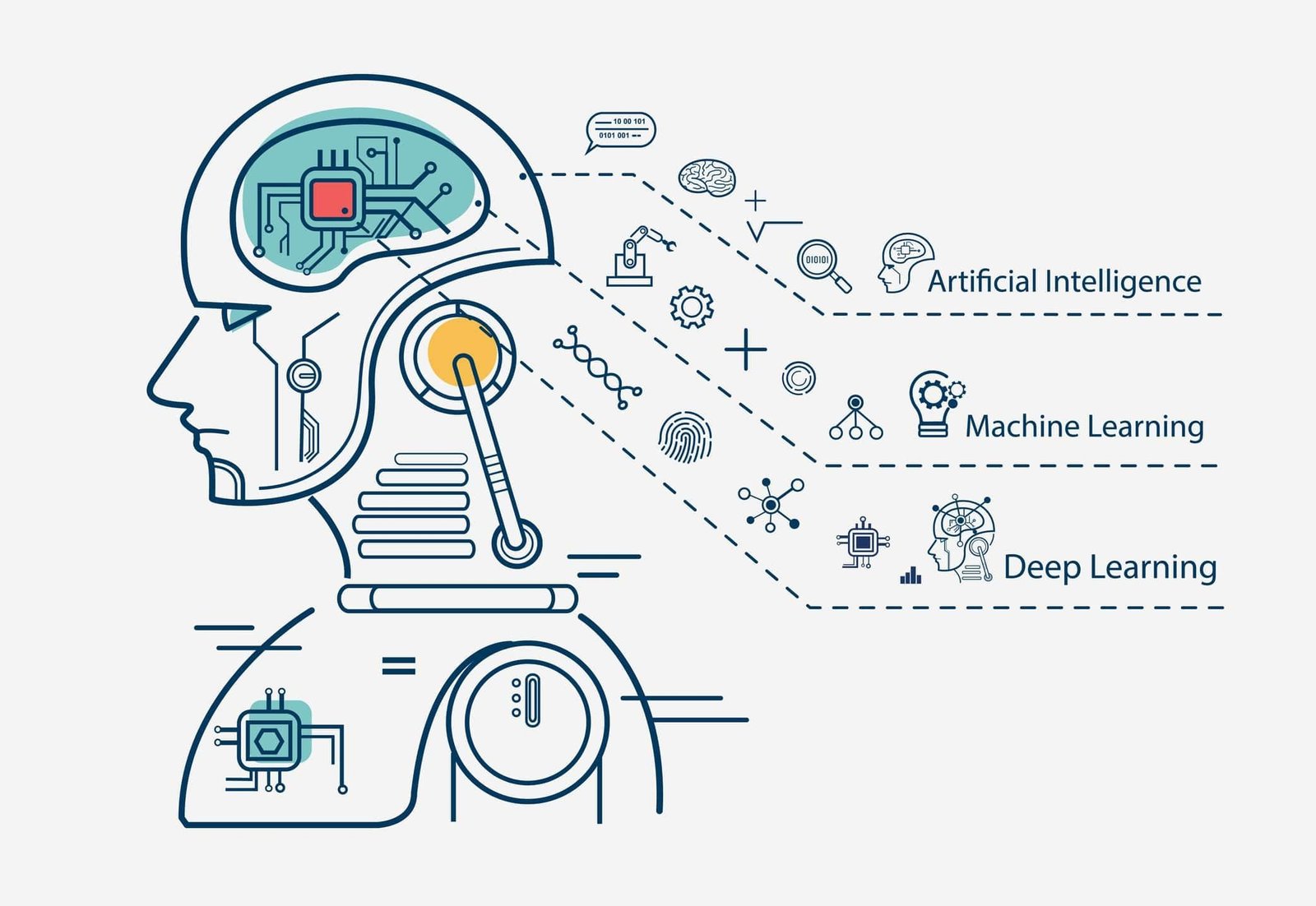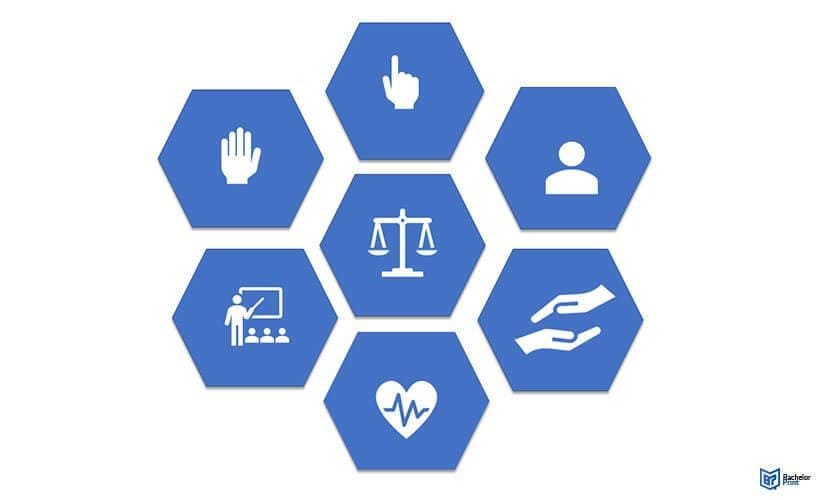Table of Contents
In the age of rapid technological advancement, artificial intelligence stands at the forefront of innovation, reshaping industries and redefining what machines are capable of achieving. As we enter this new era, the potential applications of AI stretch beyond mere automation; they traverse realms of creativity, problem-solving, and decision-making. This exploration reflects not just a quest for efficiency but an opportunity to unlock new dimensions of human potential.
Yet, with great power comes great responsibility. As we deploy these intelligent systems across various sectors, the ethical implications and societal impacts demand our attention. Questions surrounding privacy, bias, and accountability emerge, pressing us to navigate this uncharted territory with care. The journey into the depths of AI thus invites both enthusiasm and caution, creating a dynamic landscape rich with both promise and peril.
In this article, we will delve into the transformative influences of artificial intelligence, examining not only its technological breakthroughs but also the philosophies that guide their integration into our daily lives. Join us as we explore the frontiers of a technology that stands poised to change everything we understand about intelligence itself.
Harnessing the Power of Machine Learning for Real-World Applications
Machine learning is revolutionizing industries, turning vast amounts of data into actionable insights. By employing algorithms that learn from data, businesses can enhance efficiency and drive innovation. The adoption of machine learning has led to breakthroughs in various fields, including:
- Healthcare: Predictive analytics for patient outcomes.
- Finance: Fraud detection and risk management.
- Retail: Personalized shopping experiences.
However, the true magic lies in combining machine learning with other technologies, such as IoT and big data analytics. This integration enables real-time data processing and smarter decision-making. Consider the potential impact on logistics and supply chain management:
| Application | Benefit |
|---|---|
| Predictive Maintenance | Reduces downtime and repair costs. |
| Inventory Management | Optimizes stock levels and reduces waste. |
| Route Optimization | Improves delivery efficiency and reduces fuel consumption. |

Navigating Ethical Considerations in AI Development
As artificial intelligence (AI) technologies proliferate, developers must grapple with complex ethical dilemmas. Key issues include ensuring transparency in AI algorithms, safeguarding user privacy, and avoiding biases that can lead to discrimination. All stakeholders must prioritize accountability in AI design to foster trust and mitigate risks associated with its deployment.
To navigate these challenges, consider adopting a framework that emphasizes responsibility at every developmental stage. Important principles include:
- Human-Centric Design: Focus on the impact on users and society.
- Data Governance: Implement stringent policies for data collection and usage.
- Inclusivity: Engage diverse teams to identify potential biases.
Moreover, regular assessment of AI systems is crucial. A simple evaluation table can aid in assessing different ethical principles:
| Principle | Importance | Current Status |
|---|---|---|
| Transparency | Builds Trust | Needs Improvement |
| Privacy Protection | Safeguards Users | Implemented |
| Bias Mitigation | Prevents Discrimination | In Progress |

Innovations in Natural Language Processing and Their Future Potential
Natural language processing (NLP) is witnessing a transformative phase, propelled by deep learning and advanced algorithms. The rise of pre-trained models like GPT-4 and their successors is revolutionizing how machines understand and generate human language. These innovations enable applications to engage in more coherent dialogues, grasp context better, and even generate creative content, reducing the gap between human communication and machine interpretation.
The future of NLP holds immense potential, marked by a surge in multilingual capabilities, improved sentiment analysis, and the development of intuitive conversational agents. Upcoming trends may include:
- Contextual Awareness: Enhancing systems to understand user intent across multiple interactions.
- Ethical AI: Building frameworks to mitigate biases in language models.
- Real-time Translation: Creating seamless communication between speakers of different languages.
| Technology | Benefit |
|---|---|
| Transformer Models | Enhanced text understanding and generation |
| Reinforcement Learning | Improved conversation flow and relevance |
| AI Ethics | Reduction in bias and increase in fairness |

Building Inclusive AI Systems: Strategies for Diverse Engagement
Creating AI systems that truly reflect the diverse world we live in requires a multifaceted approach. Engaging with a broad spectrum of voices is crucial. Prioritizing community collaborations can lead to innovative solutions that are culturally sensitive and practical. Consider establishing partnerships with local organizations that understand the unique challenges faced by underrepresented groups.
Incorporating diverse data sets is vital for training algorithms that are fair and effective. Focus on promoting inclusive hiring practices within AI companies, ensuring marginalized communities are represented. By fostering a culture of continuous feedback, we can refine AI systems, allowing them to adapt and evolve in response to real-world needs.
The Way Forward
As we stand on the precipice of an exciting new era in artificial intelligence, it becomes clear that we are not merely spectators but active participants in this remarkable evolution. The boundaries of creativity, efficiency, and problem-solving are being redefined, and the implications are profound.
Key highlights of this exploration include:
- The rapid advancement of machine learning technologies.
- The emergence of AI ethics as a crucial field of inquiry.
- The potential for AI to aid in solving global challenges, from healthcare to climate change.
This journey is just beginning. By embracing innovation responsibly and collaboratively, we can ensure that the future we build is one that enhances society as a whole, rather than divides it.
In the years to come, we must remain vigilant and informed as we navigate the complex landscape of AI. By staying engaged, we can unlock the full potential of this powerful tool, steering it towards a future marked by progress and inclusivity. Together, let’s explore the frontiers of artificial intelligence and shape a world where human and machine can coexist and thrive.



